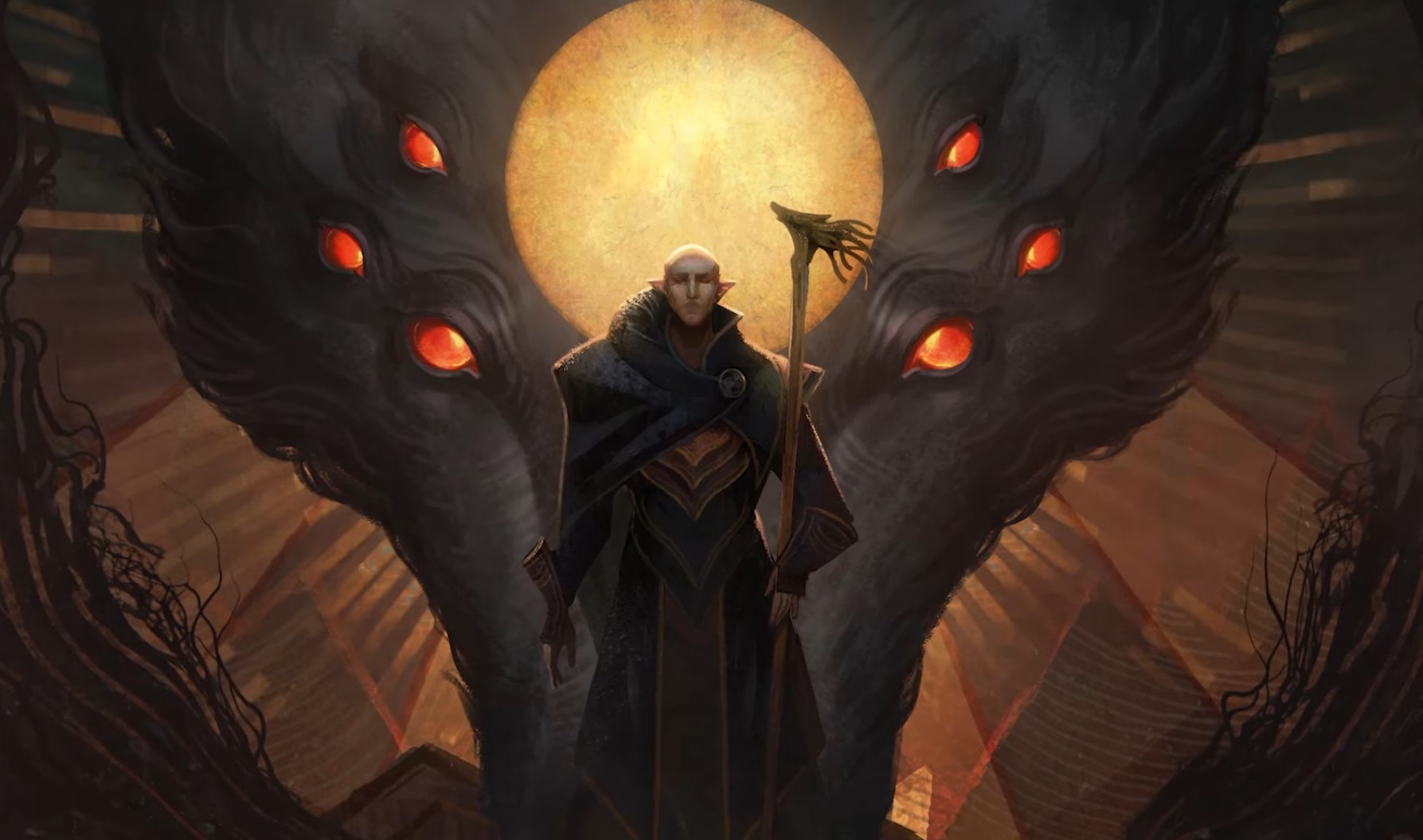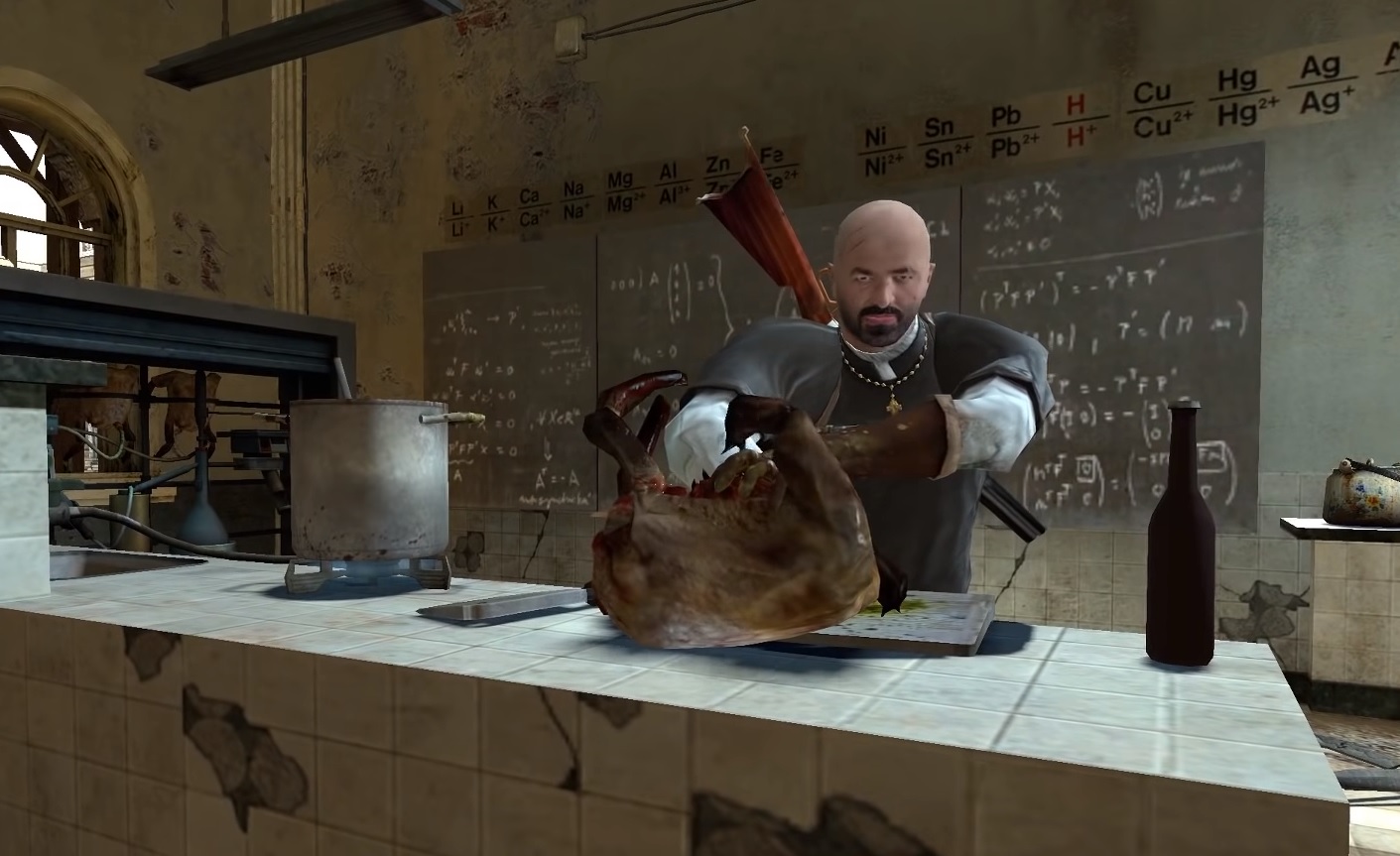
With new Dragon Age and Mass Effect games currently in development, BioWare decided that what it really needs is fewer people to work on them.
In a blog post that studio manager Gary McKay said was “deeply painful and humbling to write,” BioWare announced that it is laying off roughly 50 employees in order to “preserve the health of the studio and better enable us to do what we do best: create exceptional story-driven single-player experiences filled with vast worlds and rich characters.”
“In order to meet the needs of our upcoming projects, continue to hold ourselves to the highest standard of quality, and ensure BioWare can continue to thrive in an industry that’s rapidly evolving, we must shift towards a more agile and more focused studio,” McKay wrote. “It will allow our developers to iterate quickly, unlock more creativity, and form a clear vision of what we’re building before development ramps up.
“To achieve this, we find ourselves in a position where change is not only necessary, but unavoidable. As difficult as this is to say, rethinking our approach to development inevitably means reorganizing our team to match the studio’s changing needs. “
In practical terms, that ‘reorganization’ means that approximately 50 jobs at BioWare have been eliminated. McKay said the studio is doing all it can to help its former employees find jobs in other Electronic Arts studios, but acknowledged that “it’s unlikely that everyone will find a new role within the company.”
The corporate world is unforgiving, and the videogame industry in particular is notoriously fickle when it comes to how it treats employees: Layoffs are common, especially at major studios, and widely accepted as just a part of the business. Even so, the timing of these cuts comes off as odd. BioWare is deep into development on Dragon Age: Dreadwolf, and also spinning up a new Mass Effect game, and with responsibility for Star Wars: The Old Republic handed off to another studio earlier this year, those two series are really all BioWare does now. BioWare didn’t say anything about the nature of the eliminated jobs, but in a very general sense the effort of bringing back two major but moribund RPGs seems like a time when you’d be looking for more employees, not trying to shed the ones you already have.
On the Dragon Age front, at least, “Our dedication to the game has never wavered,” McKay said. “Our commitment remains steadfast, and we all are working to make this game worthy of the Dragon Age name. We are confident that we’ll have the time needed to ensure Dreadwolf reaches its full potential.” He added that “pre-production work” on a new Mass Effect game is also continuing under “a core veteran team led by Mike Gamble.”
Dragon Age: Dreadwolf doesn’t currently have a release date, but when last we checked it wasn’t expected to be out until sometime after April 2024. The project has appeared troubled at times: Senior creative director Matt Goldman, a 23-year BioWare veteran, left the studio in 2021, while executive producer Christian Dailey followed in February 2022. Production director Mac Walters—also a key figure in the Mass Effect games—departed in January 2023 after 19 years at the studio. Mark Darrah, who left BioWare suddenly alongside studio general manager Casey Hudson in 2020—and who famously said that “BioWare magic is bullshit” in 2022—returned to assist the development of Dreadwolf in March of this year, but only as an “external consultant,” rather than in a conventional design or management role.
McKay said that there are “a significant number of roles that are currently open” in other Electronic Arts studios that former BioWare employees can apply for, which is interesting given that EA imposed significant layoffs of its own within the past six months” In March, it announced that it was cutting roughly 6% of its total workforce, which worked out to around 800 jobs in total. Those layoffs followed the elimination of more than 200 tester jobs in February.






